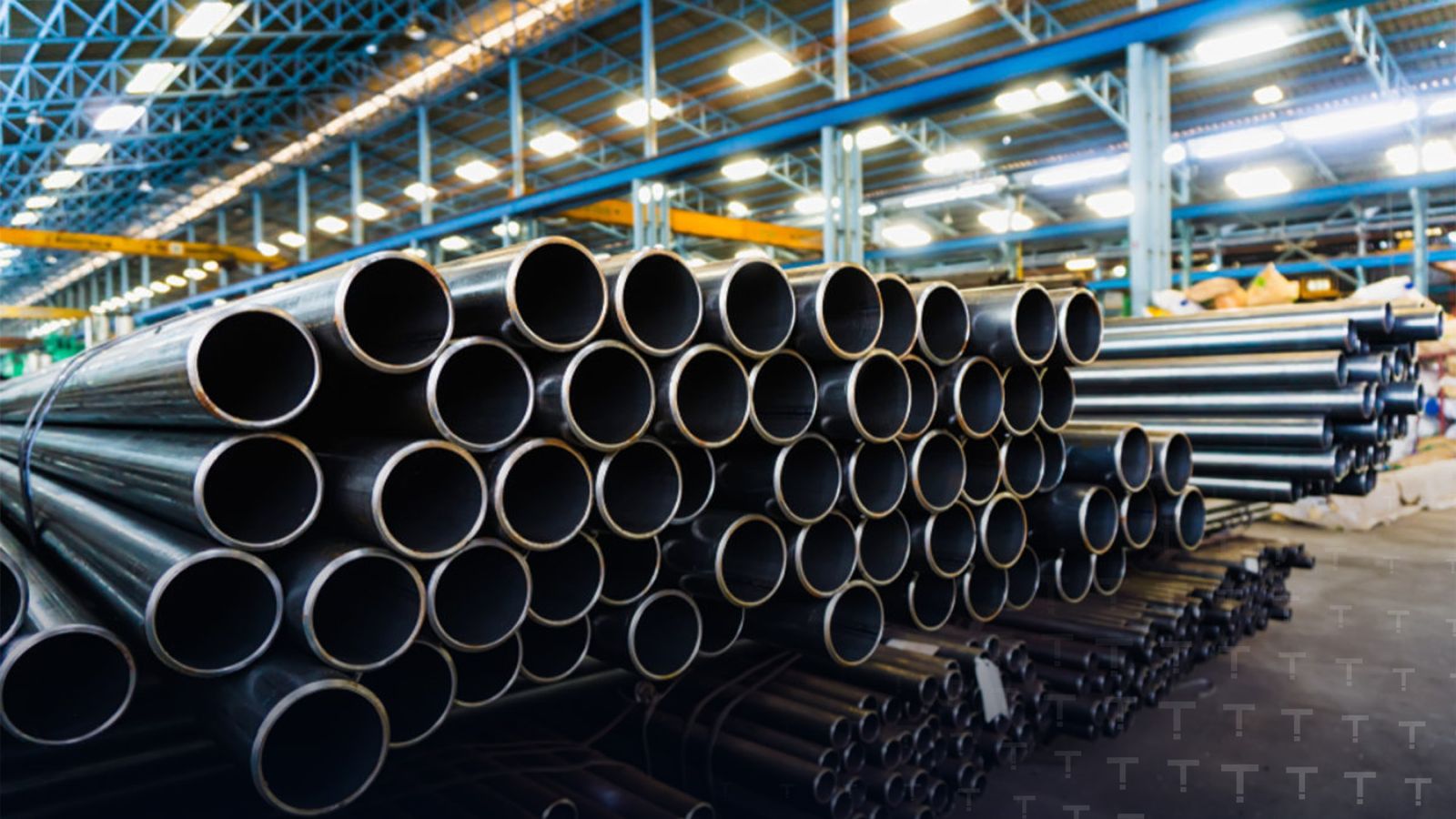🧲 US Tariff War 2025: What Does It Mean for Indonesia’s Steel Industry?
In March 2025, President Donald Trump reignited global trade tensions by imposing a 25% tariff on steel and aluminum imports. He further announced a 10% tariff on all imported goods and retaliatory measures against 57 countries — excluding China from a 90-day delay, making it the central target of these policies.
🌍 Global Reaction:
-
Canada & EU hit back with billion-dollar tariffs on US goods.
-
Mexico, Japan, South Korea opted for diplomacy despite direct impact.
-
China & the US are now locked in a full-scale trade war, with tit-for-tat tariffs exceeding 100%.
🇮🇩 What It Means for Indonesia:
While Indonesia is not a major steel exporter to the US, the domino effect is real. In 2018, a similar situation caused global steel prices to plummet, flooding the Indonesian market with cheap imports. Domestic producers suffered significant losses.
🔎 If history repeats, Indonesia may again face a wave of low-cost imported steel, threatening local prices.
🇺🇸 Domestic Impact in the US:
US industries — automotive, shipbuilding, home appliances — are hit by rising raw material costs. Studies estimate car prices could rise by up to IDR 100 million and over 700,000 jobs could be lost.
🎯 Key Takeaways for Indonesia:
-
Strengthen the competitiveness of local steel
-
Monitor rising import volumes
-
Build industry-government alliances by:
-
Enforcing SNI regulations to restrict low-quality steel imports
-
Promoting trade diplomacy through ASEAN and WTO partnerships
-
📢 Global tariffs may be a threat — but also an opportunity for resilient, adaptable Indonesian steel producers.
